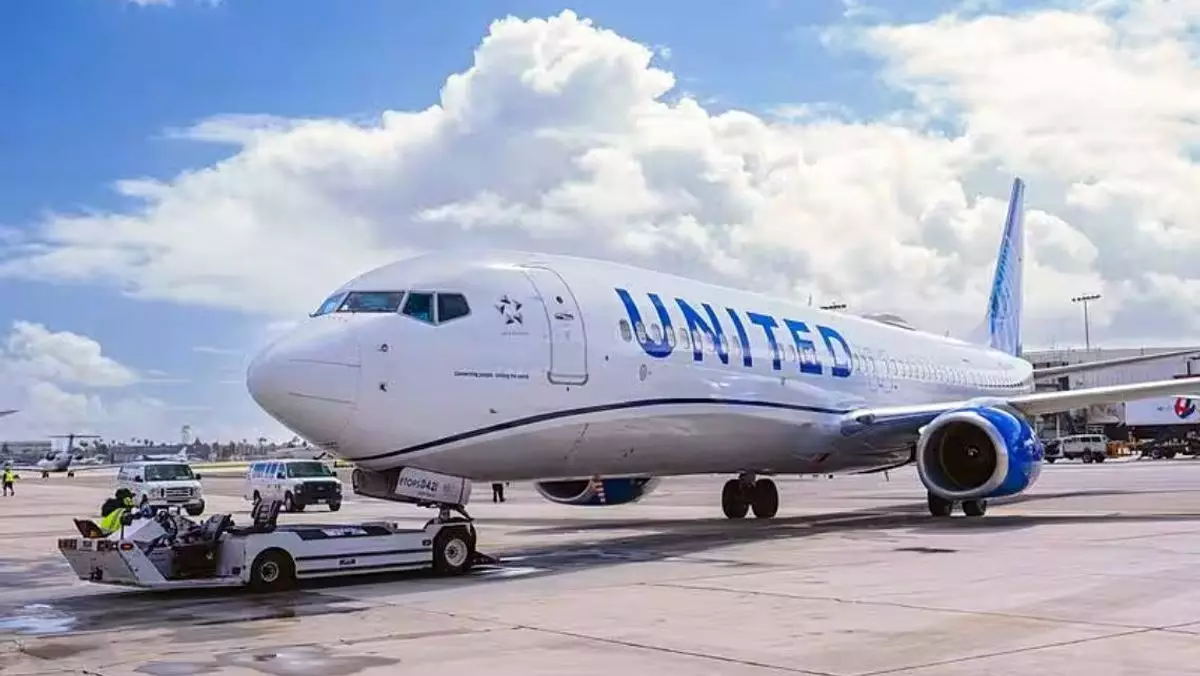The recent widespread technology outage that occurred on Friday had significant impacts on various industries around the world. One of the most affected sectors was the airline industry. Reports indicate that more than 300 flights were delayed, and over 100 flights were canceled at major airports in the New York city area, including JFK, LaGuardia, and Newark Liberty. Airlines such as United Airlines and Eurowings had to deal with disruptions in their computer systems, leading to potential flight delays and cancellations.
Moreover, low-cost airlines in South Korea also faced problems as a result of the technology outage. Passenger boardings at Incheon International Airport were delayed due to issues reported by airlines such as Jeju Air Co. and Air Premia Inc. These airlines experienced difficulties with ticketing, online services, and website accessibility. The disruptions in services impacted the overall travel experience for passengers, causing inconvenience and frustration.
The impacts of the technology outage were not limited to specific regions, as airports in Singapore, Malaysia, and Thailand also reported similar issues. Long queues and delays were observed at airports in these countries, with passengers expressing concerns about missing their flights due to the extended check-in process. The automated border control system at Bangkok’s airports was affected, leading to disruptions in ground operations for several airlines at major Thai airports. Passengers were advised to arrive at the airports at least 4 hours before their departure time to account for potential delays.
The incident highlighted the widespread dependence on technology and software from a few major providers, raising concerns about the vulnerability of critical services in the event of an outage. The reliance on digital tools for essential operations in various industries, including transportation, finance, and media, underscores the need for robust contingency plans and diversified systems to mitigate the impact of potential disruptions. While cybersecurity firm CrowdStrike clarified that the outage was not due to a security incident or cyberattack, the incident serves as a wake-up call for organizations to assess their resilience to unforeseen events and strengthen their technological infrastructure.
The recent technology outage had far-reaching consequences on global services, particularly in the airline industry. The disruptions caused flight delays, cancellations, and operational challenges for airlines and airports worldwide. The incident highlighted the risks associated with dependency on a limited number of technology providers and emphasized the importance of preparedness and adaptability in the face of unexpected disruptions. Moving forward, organizations must prioritize resilience and innovation to enhance their ability to withstand technological challenges and ensure continuity of services for customers and travelers.

